|
Matthew Heineman earned Courage Under Fire award for his drug war doc
Matthew Heineman's visceral Cartel Land is one of 15 documentaries still in contention for the Oscar. With the field soon to be narrowed to five nominees, the film is attracting some prominent support.
Oscar-winning director Kathryn Bigelow [The Hurt Locker] conducted a Q&A with Heineman at CAA headquarters in Century City last week, praising the director for his bravery making the Mexican drug war doc. She signed on as executive producer of the film before its theatrical release last summer. I bought bulletproof vests... did some soul-searching, didn’t tell my parents.
“I just thought it was a great movie. Wanted to be involved, wanted to help. Met Matt and I was extraordinarily impressed,” Bigelow told the CAA audience.
Heineman earned two awards at the Sundance Film Festival last January, including best director. The film has since been named to many critics lists and earned the director the Courage Under Fire honor at the IDA Awards earlier this month, in recognition of the danger he faced making the film.
Bigelow presented Heineman with the Courage award, noting, "I think Matt would admit that [filming Cartel Land] was a terrifying experience... He was careful as he possibly could be, but he knew risking his life was perhaps a bit of a necessity to make this film."
Of his own pursuit of the film Heineman recalled, “I first heard about this story through this Rolling Stone [magazine] article that I read and it just completely captivated me. I knew nothing about the border. I knew nothing about the drug war. I knew nothing about vigilantism. These were all things that fascinated me. Right after I read the article I knew this was a story I wanted to explore.” At first the story was to focus on the rise of self-appointed self-defense groups in Arizona, which patrol the border looking for drug traffickers. Later, Heineman gained access to a self-defense group in Mexico, and made both organizations the focus of Cartel Land. “I’d never filmed in a war zone before. I’ve never been in a situation like this," Heineman said, explaining that he made some preparations before heading south of the border. "I bought bulletproof vests, talked to a lot of journalists who had filmed in situations like that before, did some soul-searching, didn’t tell my parents.”
Heineman told the CAA audience when gun battles broke out around him in Michoacán he concentrated on what he did best.
“I don’t know how to shoot a gun, I don’t know how to fight a war, I don’t know anything about military tactics, but I know how to film,” Heineman said. “So that’s what I focused on — I focused on framing, I focused on exposing, I focused on making sure the ‘record’ mode was on. And that’s what I think kept me sort of somewhat calm during these very chaotic moments.” He said he spent the better part of nine months shooting in Michoacán. "Michoacán is an incredibly resource-rich area. It’s not an accident that it’s sort of ground zero for much of cartel violence and sort of an epicenter of where the government is trying to stop what they’re doing," Heineman said. "If you go out and have a mojito tonight the limes are coming from Michoacán. If you go have a taco, the avocados are coming from Michoacán. If you go do meth tonight that meth is coming from Michoacán." He added, "Meth is the cash cow of the cartel. Most of the meth that we consume in the U.S. comes from Michoacán, much of that from the Knights Templar cartel."
Heineman said he spent six months trying to convince drug traffickers to allow him to film their meth operations. Finally, some of them agreed, but not without stipulations on both sides.
“Their rule was that they didn’t want their faces to be shown and my rule was that I didn’t want to be bagged or thrown in the back of a trunk,” Heineman said. “I thought that was a pretty fair exchange.” He keeps his focus in the film on the drug war -- how it's being lived and fought on the ground -- choosing not to get into another aspect of the narco-conflict: the question of demand from U.S. consumers. But in his remarks at CAA, Heineman made clear what he feels about that. "We’re responsible for that war. We’re funding that war through our consumption of drugs and all the violence that comes with it."
The violence has claimed 100,000 lives in Mexico. And another 25,000 people have disappeared, "never to be heard from again," as Heineman put it.
"So much of the drug wars are sort of glorified in TV shows and movies. This issue sort of dominates the headlines. But I really wanted to put a human face to this issue and sort of take this out of the headlines and put myself and my crew right in the middle of it to see how people were reacting to this violence, what happens when citizens take the law into their own hands and the ramifications of what happens when they do so."
|
AuthorMatthew Carey is a documentary filmmaker and journalist. His work has appeared on Deadline.com, CNN, CNN.com, TheWrap.com, NBCNews.com and in Documentary magazine. |
- Home
- News
- Videos
-
Galleries
- 2019 Tribeca Film Festival
- Full Frame Documentary Film Festival
- 2019 SXSW Film Festival
- SXSW 2018 Gallery
- 2019 Sundance Film Festival
- Outfest 2018 Photo Gallery
- Outfest 2017
- Sundance 2018 Photos
- 2017 LA Film Festival
- 2017 Cannes Film Festival
- Tribeca Film Festival 2017
- SXSW 2017 Gallery
- 2017 Berlin Film Festival
- Sundance 2017 Gallery
- 2016 Los Angeles Film Festival
- Cannes Film Festival 2016
- SXSW 2016 Gallery
- Berlinale 2016 Gallery
- Sundance 2016 Gallery
- Filmmaker Gallery
- About
- Contact
Proudly powered by Weebly
- Home
- News
- Videos
-
Galleries
- 2019 Tribeca Film Festival
- Full Frame Documentary Film Festival
- 2019 SXSW Film Festival
- SXSW 2018 Gallery
- 2019 Sundance Film Festival
- Outfest 2018 Photo Gallery
- Outfest 2017
- Sundance 2018 Photos
- 2017 LA Film Festival
- 2017 Cannes Film Festival
- Tribeca Film Festival 2017
- SXSW 2017 Gallery
- 2017 Berlin Film Festival
- Sundance 2017 Gallery
- 2016 Los Angeles Film Festival
- Cannes Film Festival 2016
- SXSW 2016 Gallery
- Berlinale 2016 Gallery
- Sundance 2016 Gallery
- Filmmaker Gallery
- About
- Contact

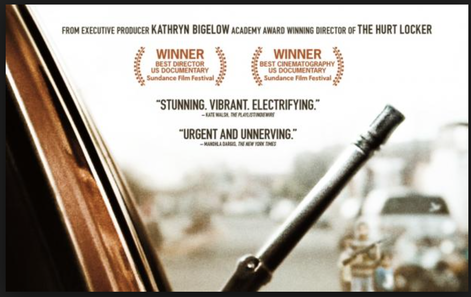

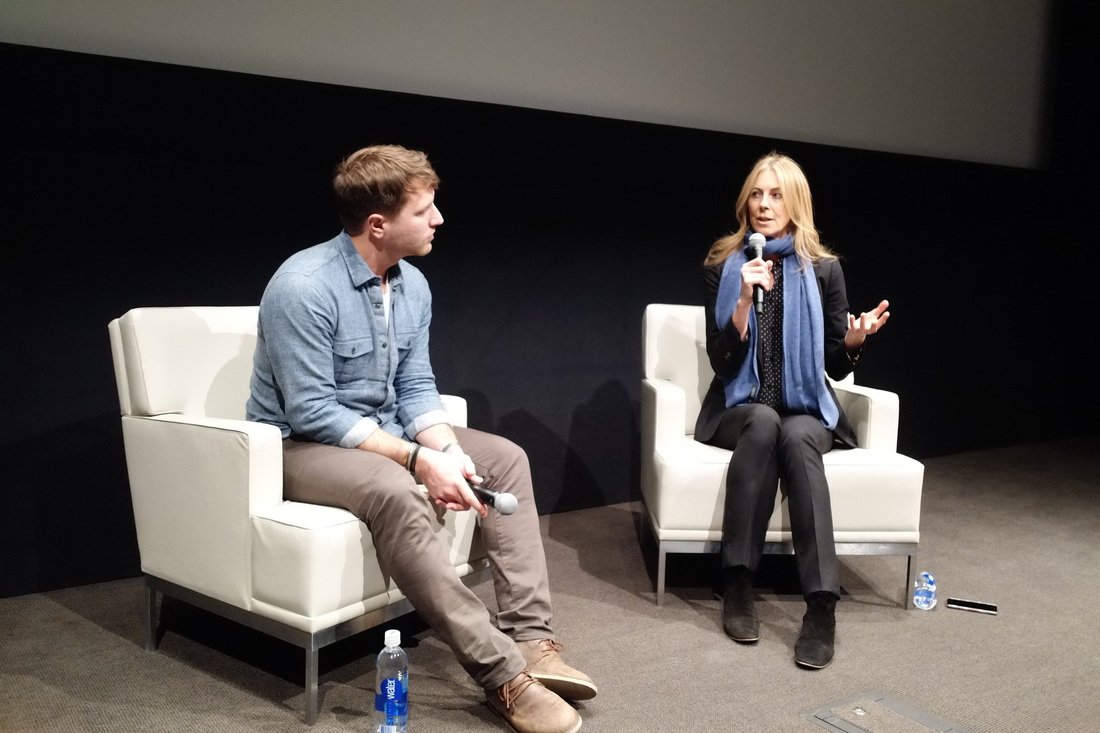
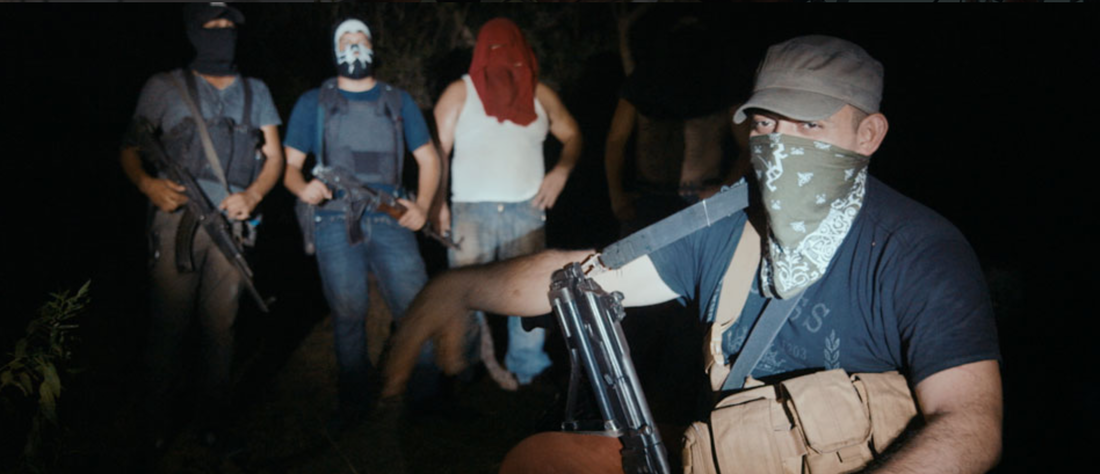
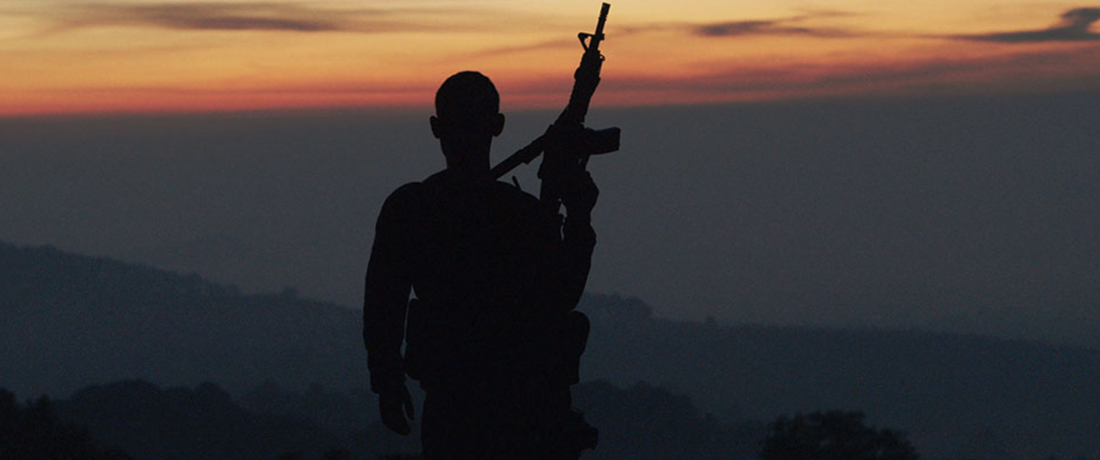
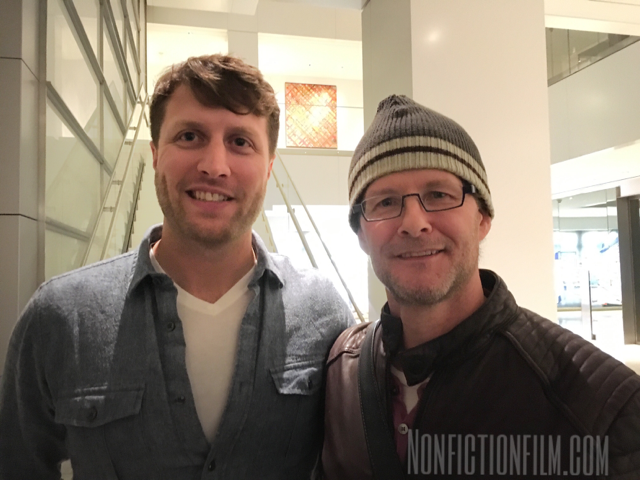
 RSS Feed
RSS Feed